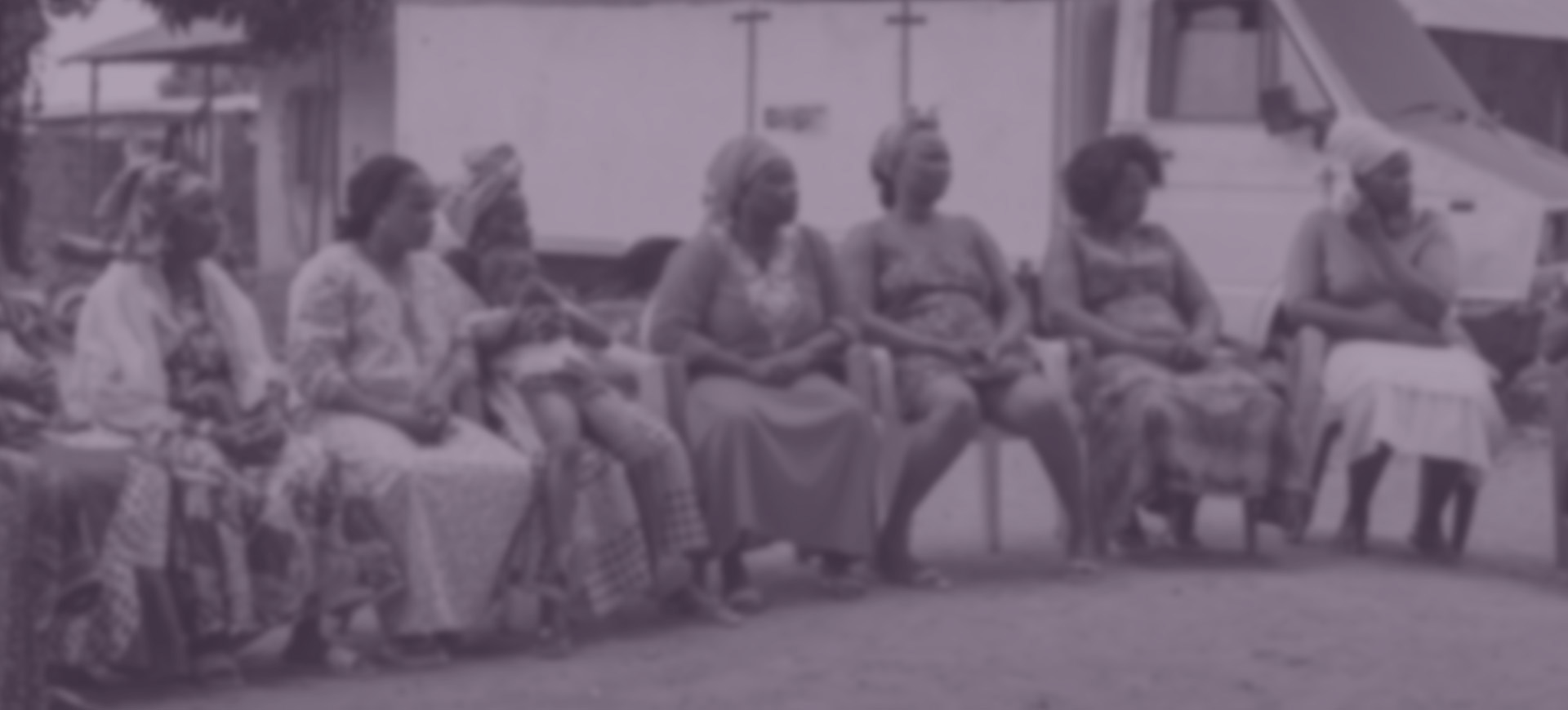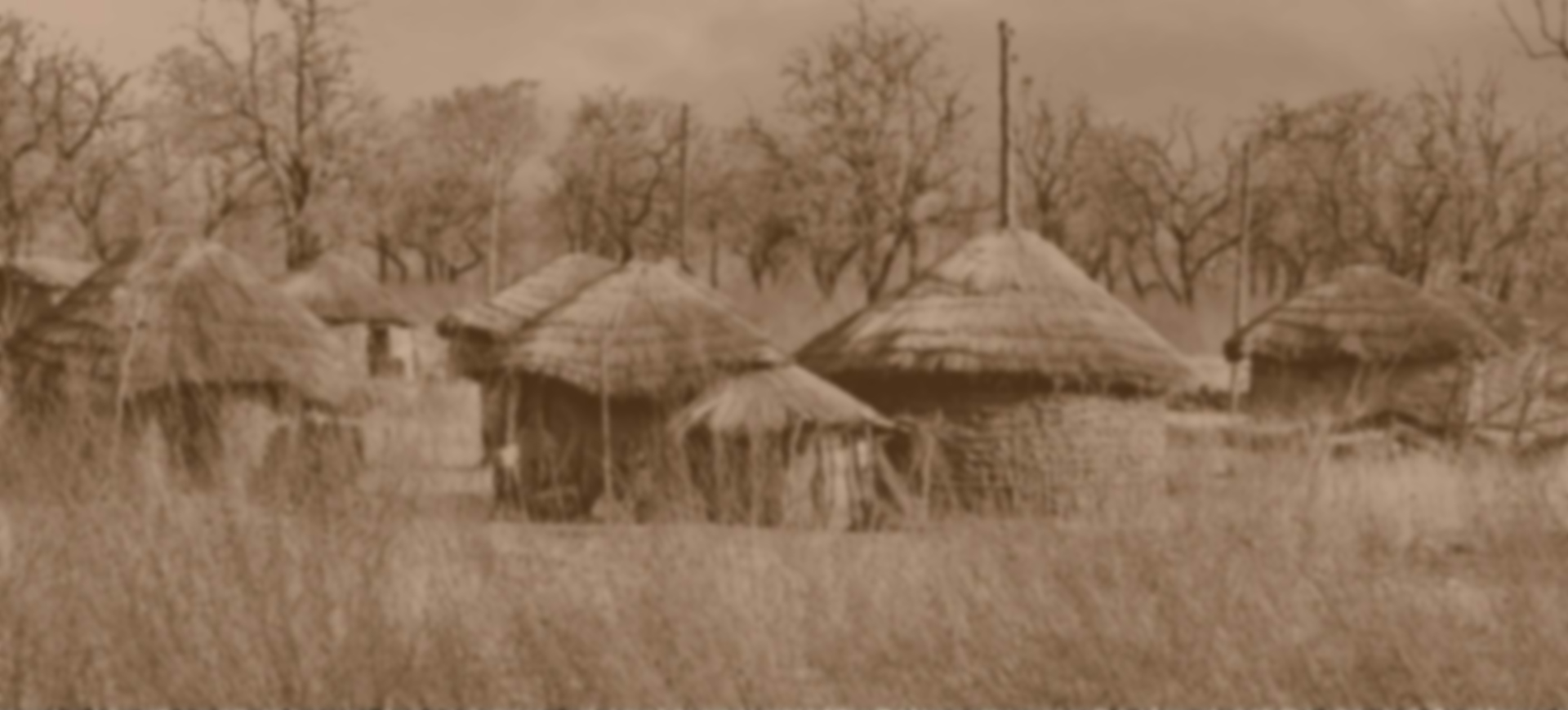More African countries than ever before are delivering social assistance to poor and vulnerable people. Not only are governments taking on steadily rising proportions of programme financing, they are publishing policies, passing laws and establishing institutions that strengthen the delivery capacity and rights basis of social assistance programmes. Coverage is still quite limited, but the number of programmes is rising with the trend across Africa towards broadening and deepening social assistance. How this is happening is the subject of this report.
Search
The right to social protection is mentioned in many African Constitutions, but was rarely translated into laws, policies and programmes until recently. Increasingly, legislation is being passed that makes the right to social protection legally enforceable, a form of social contract between citizens and the state. In the last 10 years about half of African countries have adopted national policies or strategies. More stable governance and organizational structures are giving broad-based support and legitimacy to the expansion of social assistance across the continent.

Domestic funding for social assistance in Africa is rising and now, on average, exceeds spending by development partners. The largest share of social assistance expenditure goes to older persons, children and persons with disability. Funding of social assistance programmes is still a major challenge for African nations, due to public finance deficits and because social assistance is rarely prioritized in public revenue allocations, which typically favour sectors such as defence, education and health

The State of Social Assistance in Africa report and data project is an initiative of the United Nations Development Programme (UNDP) in partnership with the African Union, International Labour Organization (ILO), United Nations Economic Commission for Africa (UNECA) and United Nations Children’s Fund (UNICEF). Drawing on quantitative data contained on this platform and policy documents by national governments and regional bodies, the project aims at improving understanding about state-run social assistance systems in Africa to inform policy and practice. We make a case for strengthening the national architecture for social assistance in Africa, as a pathway to the reduction of vulnerability and poverty, while also promoting social inclusion.
